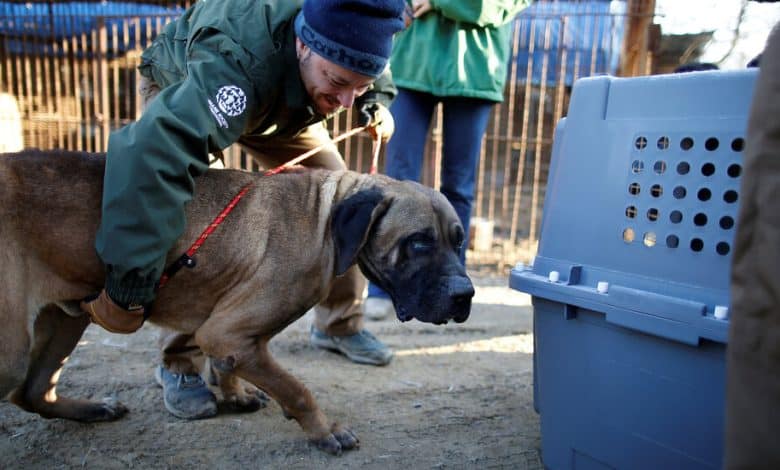South Korea Bans Dog Meat, Now Rare

South Korea’s lawmakers on Tuesday outlawed the breeding, slaughter and sale of dogs for human consumption, a centuries-old practice that is unpopular and rare today.
Dog meat was once more common, and remained so in the decades after the Korean War when the country was destitute and meat was scarce. It is used in a well-known dish that Koreans call “bosintang,” or “soup good for your body.” But the practice became increasingly shunned as incomes, pet ownership and concern for animal welfare rose steadily in the late 20th century.
Today, many South Koreans, especially younger people, see eating dog meat as appalling. About 93 percent of South Korean adults said they had no intention of consuming dog meat in the future, and 82 percent said they supported a ban, according to a survey conducted last year by Aware, an animal welfare organization in Seoul.
“This is history in the making I never thought I would see in my lifetime,” Chae Jung-ah, the director of Humane Society International Korea, said in a statement by the group. She added, “We reached a tipping point where most Korean citizens reject eating dogs.”
We are having trouble retrieving the article content.
Please enable JavaScript in your browser settings.
Thank you for your patience while we verify access. If you are in Reader mode please exit and log into your Times account, or subscribe for all of The Times.
Thank you for your patience while we verify access.
Already a subscriber? Log in.
Want all of The Times? Subscribe.
